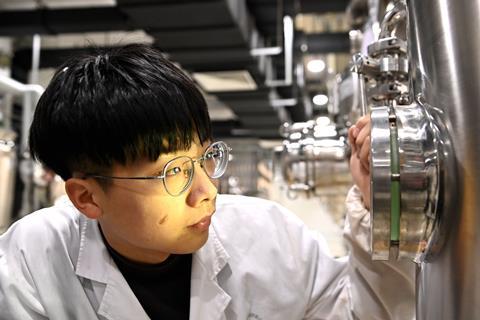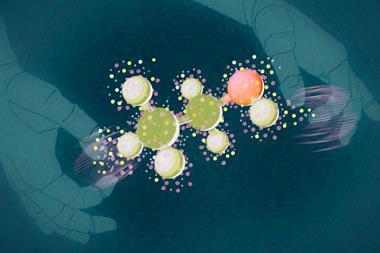Reforms and state support have fuelled domestic and foreign investment in pharmaceutical
In 2015, the Chinese government introduced various reforms aimed at supercharging the country’s pharmaceutical innovation. Changes to regulatory approval processes, an increased focus on quality standards and support for innovation were designed to boost domestic companies and attract investment from foreign multinationals.
Those reforms have borne fruit over the last decade, with both domestic and international approvals of China-developed drugs increasing markedly. In early July, China’s National Medical Products Administration approved four new drugs developed by domestic companies, including a first-in-class small-molecule therapy for blood cancer.

Foreign investment and partnerships have also grown, with major biopharmaceutical companies regularly partnering with Chinese firms. Initially, these arrangements tended to be rights deals to enable multinationals access to commercialise their drugs in the relatively closed Chinese market, but there are now growing numbers of deals to commercialise China-developed drugs in the rest of the world.
The nature of Chinese drug development has also evolved. Earlier efforts focused primarily on ‘me-too’ drugs – alternative and improved versions of existing drugs with well-established targets and modes of action, and proven markets. More recently, Chinese firms have begun working on more innovative (and therefore risky) therapies, including antibodies, cell therapies and other biological drugs. One proxy indicator for this is the success of Chinese firms in winning expedited reviews from international regulators like the US Food and Drug Administration and European Medicines Agency.
International firms are also looking to partner with Chinese counterparts at earlier stages to co-develop drugs – such as AstraZeneca’s up-to-$5 billion (£4 billion) deal to use CSPC Pharmaceuticals’ artificial intelligence platform in drug discovery efforts.
Part of China’s attraction is the high speed and relatively low cost of performing exploratory clinical trials there. However, while guidelines and regulations are in line with international standards, practitioners have raised concerns that some trials – especially those run by investigators in hospitals, rather than directly under the purview of the national regulator – vary in how well they meet ethical standards.
Chinese authorities are also making visible efforts to crack down on corruption and lapses in manufacturing quality within the pharmaceutical sector, to further support the government’s ambitions of global competitiveness.

















No comments yet